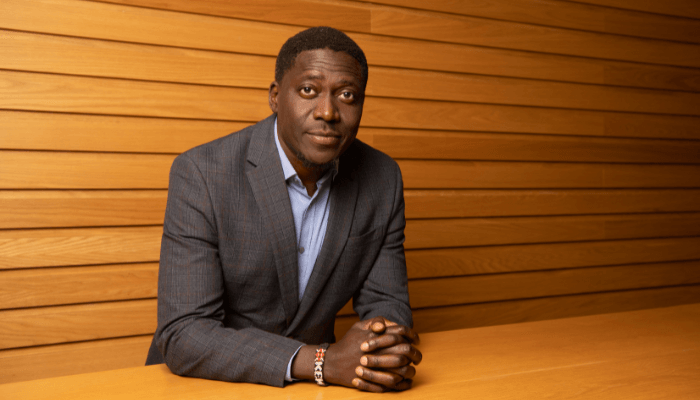Africa must reduce its reliance on external funding and build health systems anchored in domestic leadership if it hopes to withstand future shocks, Allan Pamba, executive vice president for diagnostics in Africa at Roche Diagnostics, said as world leaders gather in New York for the United Nations General Assembly.
“The last few years have shown that progress cannot be taken for granted,” Pamba said in a commentary. “Africa’s health future will not be secured through external dependence, but through partnerships that are co-created, sustainable and grounded in sovereignty.”
The Covid-19 pandemic and shifting global priorities exposed the fragility of African health systems, leaving essential services vulnerable to funding cuts.
Pamba said recent examples in Zambia and the Democratic Republic of Congo show how governments can take ownership by forging partnerships that reinforce national leadership.
In Zambia, a government task force kept HIV and HPV testing running despite donor funding gaps by coordinating with Roche, the Churches Health Association of Zambia and civil society group Pact.
In Congo, the Ministry of Health directly procured HIV tests for the first time through a deal with Roche, a move Pamba described as a “significant step toward resilience and domestic ownership.”
“These cases demonstrate that partnerships succeed when they reinforce political will and build confidence in long-term systems,” he said.
Financing remains Africa’s biggest challenge. Health systems still rely heavily on global aid, exposing them to external swings. Pamba called for ministries to lead on procurement, expand domestic financing through tax innovations or regional pooling, and signal to citizens and donors that the continent can “chart its own course.”
Optimisation is another priority, he said. That includes stretching budgets through smarter procurement, better use of infrastructure and preventive diagnostics to cut costly treatments later. “Optimisation is not about austerity but about making sure each investment delivers the most value,” he said.
Pamba also stressed the role of data in building sovereignty. Local diagnostics and strong data systems are critical for tailoring health solutions and tracking progress in ways that reflect African realities. “Data sovereignty ensures that investments are targeted and that insight turns into action,” he said.
As the UNGA spotlights global health, Pamba urged African leaders to push for financing models beyond short-term fixes. “Emergency responses may bridge immediate gaps, but they are not a substitute for durable systems,” he said.
“Africa’s health sovereignty will not be delivered in a single UN resolution,” Pamba said. “It will be built step by step, through the partnerships we forge, the financing models we adopt and the determination of governments to lead with courage.”

